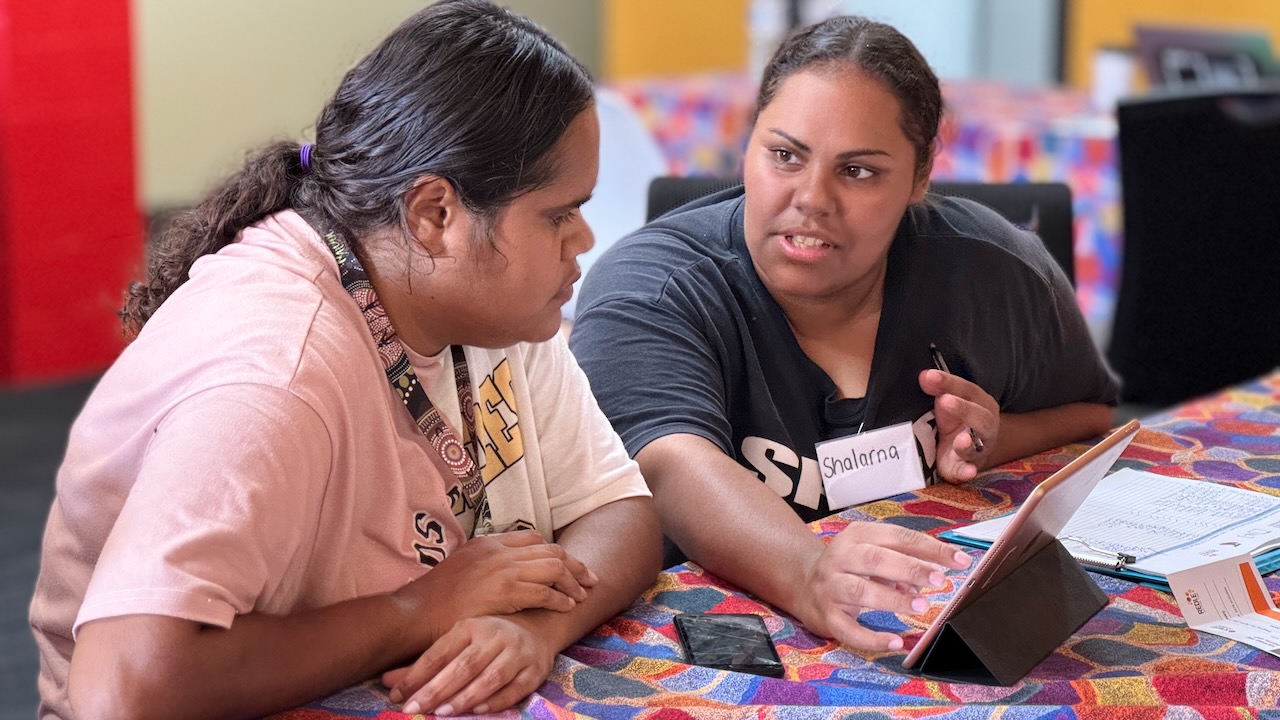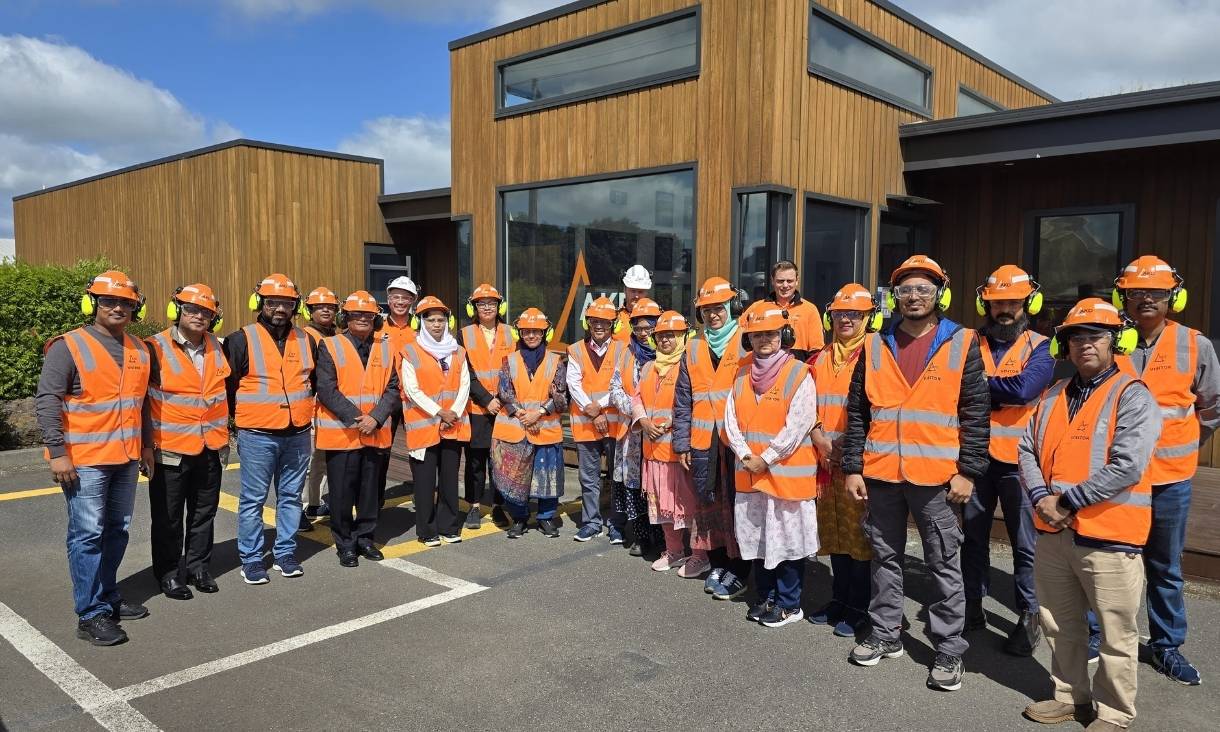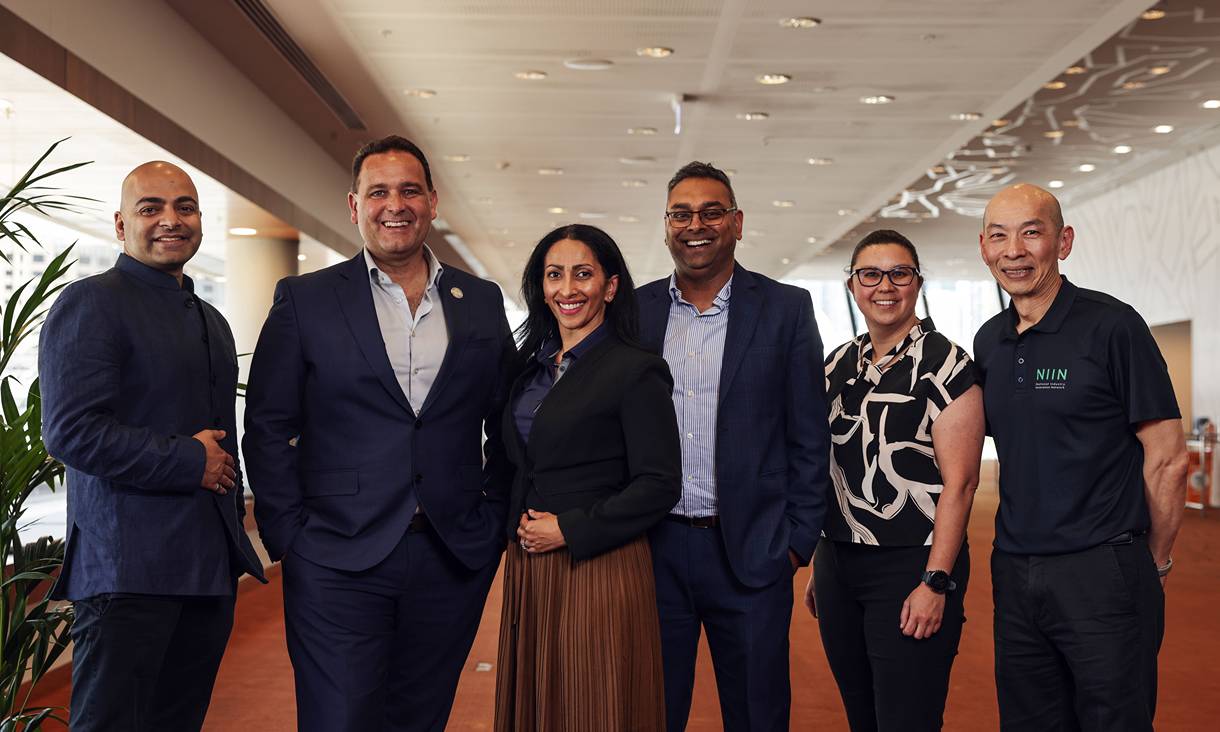THE ECONOMY AND GENDER EQUALITY
Dr Leonora Risse (0401 360 733 or leonora.risse@rmit.edu.au)
Topics: gender equality, women in the workforce, labour economics
“The State Budget needs to repair a fractured economy, focusing on sectors hit hardest by the lockdowns and suffering from the loss of international visitors and students. Hospitality, retail trade, arts and recreation, and higher education should be in sharp focus.
“Policies to support Victorian women to return to the workforce will be critical. Women's workforce participation rate in Greater Melbourne plummeted from a pre-pandemic rate of 63% to 58% in September.
“Expanding the availability and affordability of care services, mental health services, support for reskilling opportunities, and guidance for employers to create more inclusive work practices, are ingredients that will boost women's employment opportunities.
“The Victorian Government is showing that it's ready to spend its way back to prosperity and, in a welcome move, look beyond physical infrastructure projects. Investing in social infrastructure such as public housing, mental health services, aged and disability care, and early childhood education will generate far-reaching returns to the economy and fortify Melbourne's reputation as one of the most liveable cities in the world.
“There will be big dollar signs in the budget, but now is not the time to worry about the size of budget deficit, especially when the cost of borrowing is historically low. A direct injection of government spending on projects with societal benefit will be more effective in the long-run, compared to the Federal Government's approach of waiting for the effects of tax cuts to trickle through the economy.”
Dr Leonora Risse is a Lecturer in Economics at RMIT University, and a Research Fellow with the Women and Public Policy Program at Harvard University. She serves as the National Chair of the Women in Economics Network. Her research specialises on gender differentials in the workforce, the influence of social norms and psychological factors on economic outcomes, disadvantage, inequality and wellbeing.
PUBLIC HOUSING
Professor Libby Porter (0487 177859 or libby.porter@rmit.edu.au)
Topics: public housing, urban planning and development, public land use, relationship with First Nations peoples
“This budget needs to create a sustainable and equitable future for all Victorians, focused on areas of priority social needs, particularly those exacerbated by the COVID-19 pandemic. Public housing is an urgent priority.
“Victoria spends less per capita than most other states in Australia on public housing. Yet more than 100,000 people are languishing on the housing waiting list, and this grows every day. While the ‘Big Build’ of social housing announced recently is welcome, there is much more work to be done.
“There needs to be an immediate halt on the sale of public land to meet Treaty negotiation commitments and ensure the possibility of meeting urgent housing need through public housing investment.
“The evidence demonstrates that direct capital investment by Government in public housing is the most cost-effective and equitable way to ensure a fair housing system.”
Libby Porter is Professor in Sustainability and Urban Planning at RMIT University and a researcher in the Centre for Urban Research. Her work is about displacement and dispossession in cities with a focus on housing and land justice.
HOMELESSNESS SERVICES SYSTEM
Academic name Dr David Kelly, 0401 796 808, david.kelly2@rmit.edu.au
Topics: homelessness and the COVID response, homelessness in the state budget 2020/21, the relationship between homelessness and social housing
“The budget announcement of $5.3 billion dedicated to social housing in Victoria, does not address homelessness.
“This budget supports the Community Housing industry, a private not-for-profit housing provider that prefers to allocate long-term housing options to employed households with no history of chronic homelessness.
“Homeless people who attain secure tenure are more likely to be housed in Public Housing, of which there is none scheduled to be built in this budget.
“The Victorian homeless service system is reverting back to business as usual from November 2020, with government to cease its pandemic response support by April 2021.
“Up to 1700 homeless households that were supported by the Homelessness Emergency Accommodation Response Teams (HEART), will be accommodated in private rental accommodation, leased by the government for a period of up to 18 months under the From Homelessness to a Home program.
“This leaves up to 500 households involved in the HEART response, but not selected for tenancy under the From Homelessness to a Home program, to re-enter the Victorian homeless service system.”
Dr David Kelly is a human geographer at the Centre for Urban Research, RMIT University. His research attends to social policy in relation to remote Aboriginal housing, social housing, urban renewal and the homelessness service system.
SOCIAL HOUSING
Dr Sarah Taylor (0407 781 419 or sarah.taylor@rmit.edu.au)
Topics: social housing, Victorian budget
“Building new social housing is a welcome change from finding new ways to ration it.”
“Based on our research, we advocate building in a variety of locations, as building location and design reveal a great deal about the intentions and priorities of its makers. These will have an impact long after the big announcements.
“We interviewed 170 Victorian social housing tenants at the beginning of their tenancies; 90% were dependent on government payments as their main source of income.
“Given the high demand and long waiting lists, it may be surprising to hear that many social housing tenancies end quickly.
“Around half of social housing tenancies end within two years due to factors such as location, building type, tenant age, tenant support needs, and neighbours.
It is important to listen to existing social tenants, and to those who have left social housing to incorporate an understanding of who social housing tenants are, and what has and has not worked in the past.”
Sarah Taylor is a postdoctoral research fellow in the Unison Housing Research Lab, a unique education and research collaboration between RMIT University and Unison Housing. She’s pursuing research on rooming houses, service use patterns at homelessness service centres, and the Private Rental Access Program (PRAP).
TRANSPORT, PLANNING AND INFRASTRUCTURE
Associate Professor Andrew Butt (0408 369 097 or andrew.butt@rmit.edu.au)
Topics: regional development, population, rural and peri-urban planning
“This state budget offers a real chance to reset the agenda on social housing, energy efficiency in new residential development and to rebalance the state’s population.
“Projects like the Suburban Rail Loop and a firm commitment to social housing investment are great, but they need to occur alongside projects that revitalise local neighbourhoods and offer services where people live, and increasingly offering jobs-rich localities beyond the CBD.
“Recent trends suggest more people want to live in regional communities, and the forecast slowdown in population growth, particularly in Melbourne, suggests it is time to invest in revitalising smaller communities, rather than just playing catch-up on Melbourne’s rapid growth over the past decade.”
Dr Andrew Butt is an Associate Professor in Sustainability and Urban Planning at RMIT’s School of Global, Urban and Social Studies. His teaching and research focus on rural and regional issues and growth issues on the metropolitan fringe. He has worked in planning practice in local and state government and in private practice in Australia and internationally since the 1990s. He is presently a committee member of the Planning Institute of Australia (Victoria).
***
For media enquiries, please contact RMIT Communications: 0439 704 077 or news@rmit.edu.au




